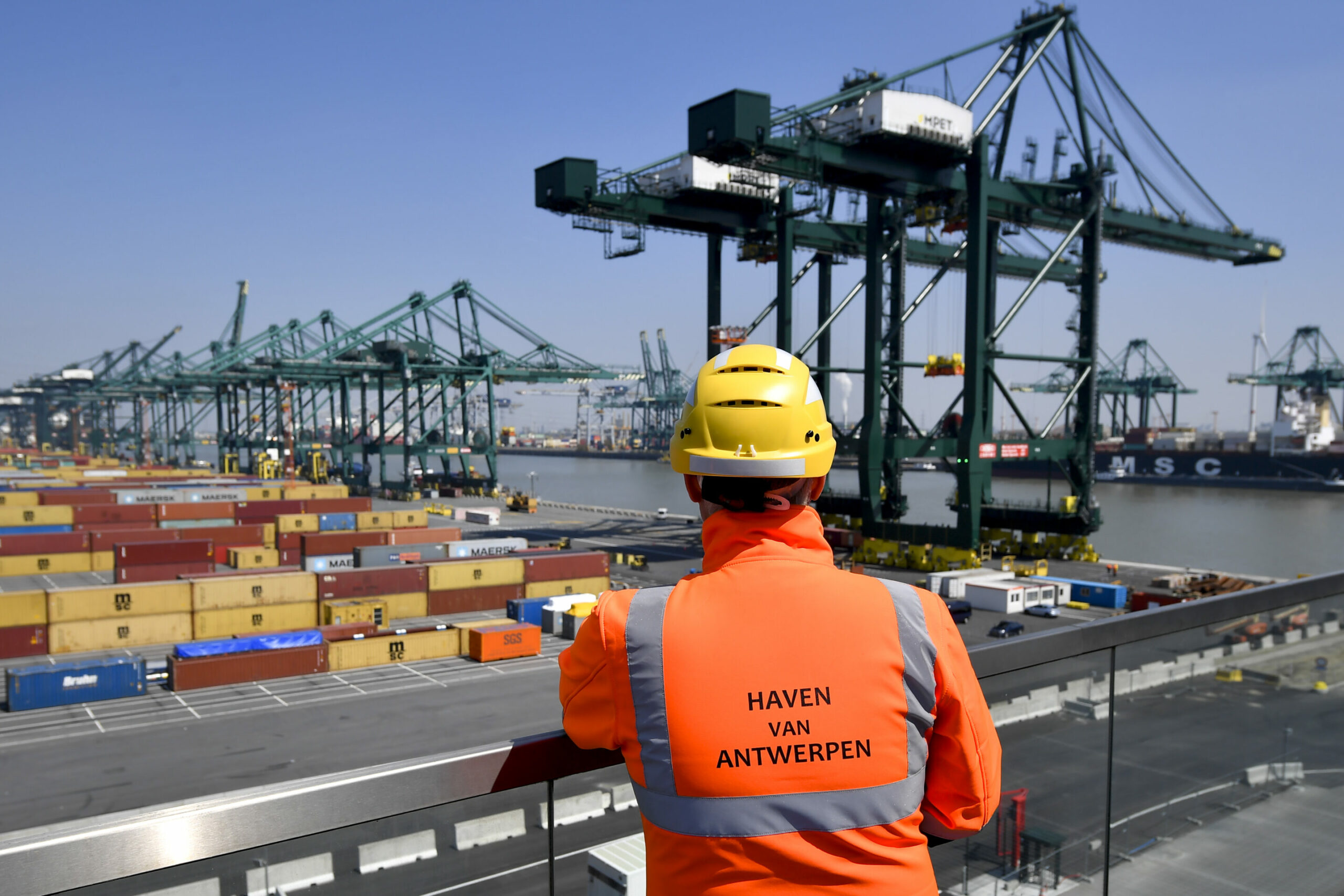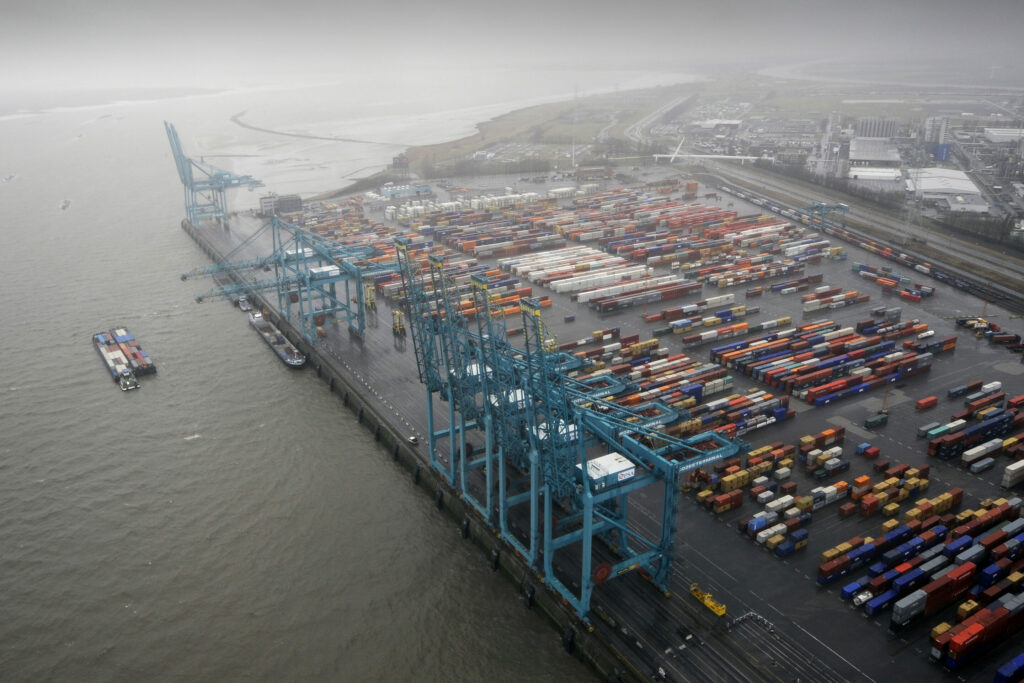Companies active in Belgian ports can now request a criminal record extract when recruiting new staff, a new measure which aims to combat the infiltration of criminal organisations in the maritime sector.
Anyone applying for a job in a "sensitive position" at one of Belgium's ports could, from today (1 October), be asked to get a special extract from the criminal record for port-related activities. In this way, authorities are stepping up their control of access to vital infrastructures to keep out criminal organisations.
These have in the past corrupted staff working at ports or infiltrated ports in the country, which have become key gateways for drugs being smuggled into Europe.
"We are taking a powerful step forward in the fight against organised crime," said outgoing North Sea Minister, Paul Van Tigchelt. "Our ports are the backbone of our economy, but are also a weak spot for this type of crime."
The special extract lists specific convictions and port bans, as well as, for three years, work sentences for drug law offences and participation in criminal organisations.

Illustration picture shows a harbor worker at the MSC PSA European Terminal (MPET) in the Port of Antwerp, Wednesday 10 May 2017. Credit: Belga / Dirk Waem
This is one of a slew of measures covered by the Maritime Security Act, which came into force on 1 January 2023 and was extended on 1 June this year. The extension has been branched out to also protect inland shipping, barge terminals and other establishment units that impact maritime security.
Another key element is mandatory security verifications, which will gradually enter into force from 1 January 2025. This will see police and intelligence agencies screen employees in "critical positions" (clerks, administrative staff, port workers, ship's agents, freight forwarders and security guards) to discover if they have links to criminal networks.
Those who receive a negative safety opinion can no longer hold such positions. The full rollout is expected to be completed by 2027.
"Security verifications give us the necessary tools to deny criminals access to these vital infrastructures," said Van Tigchelt.

